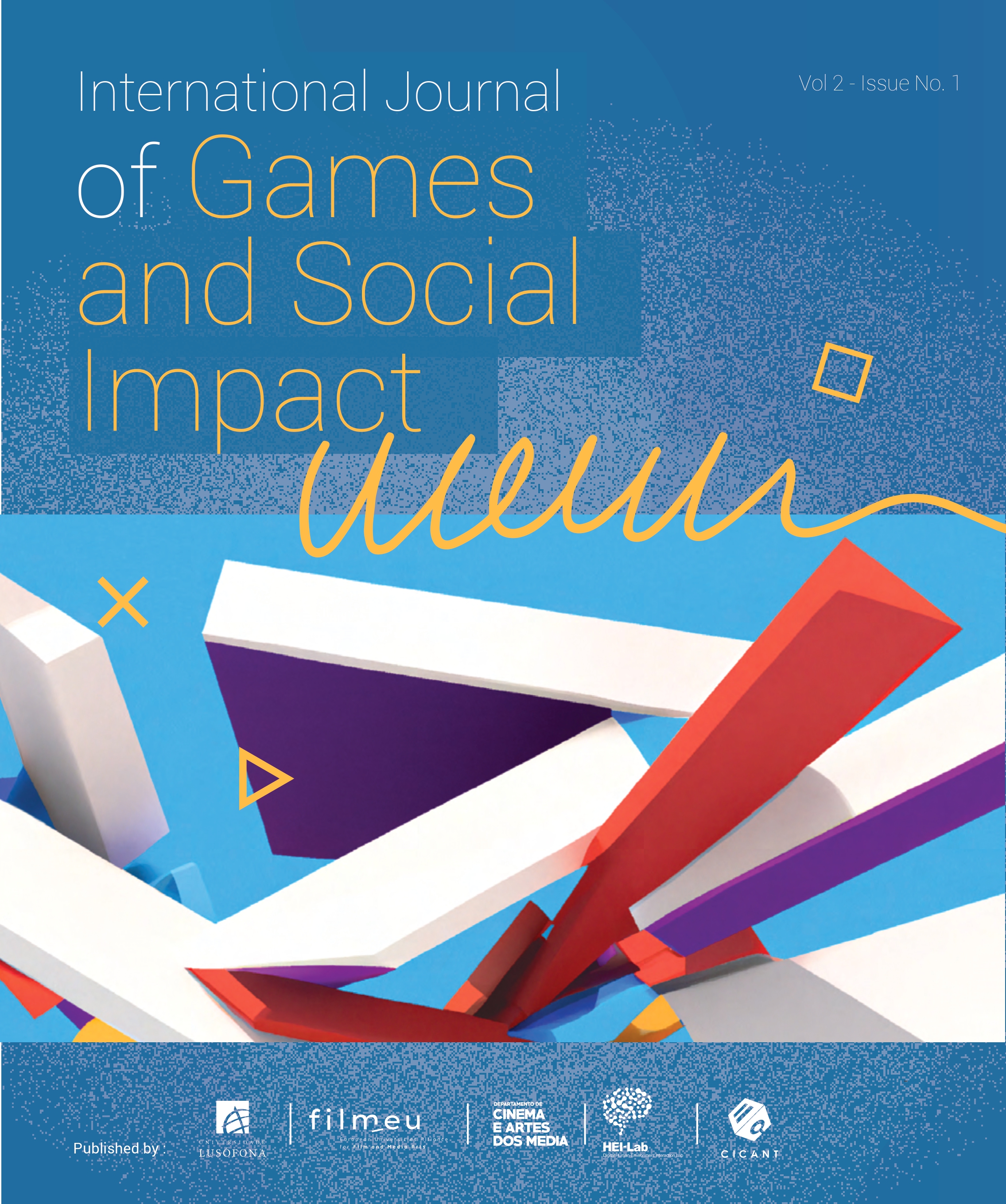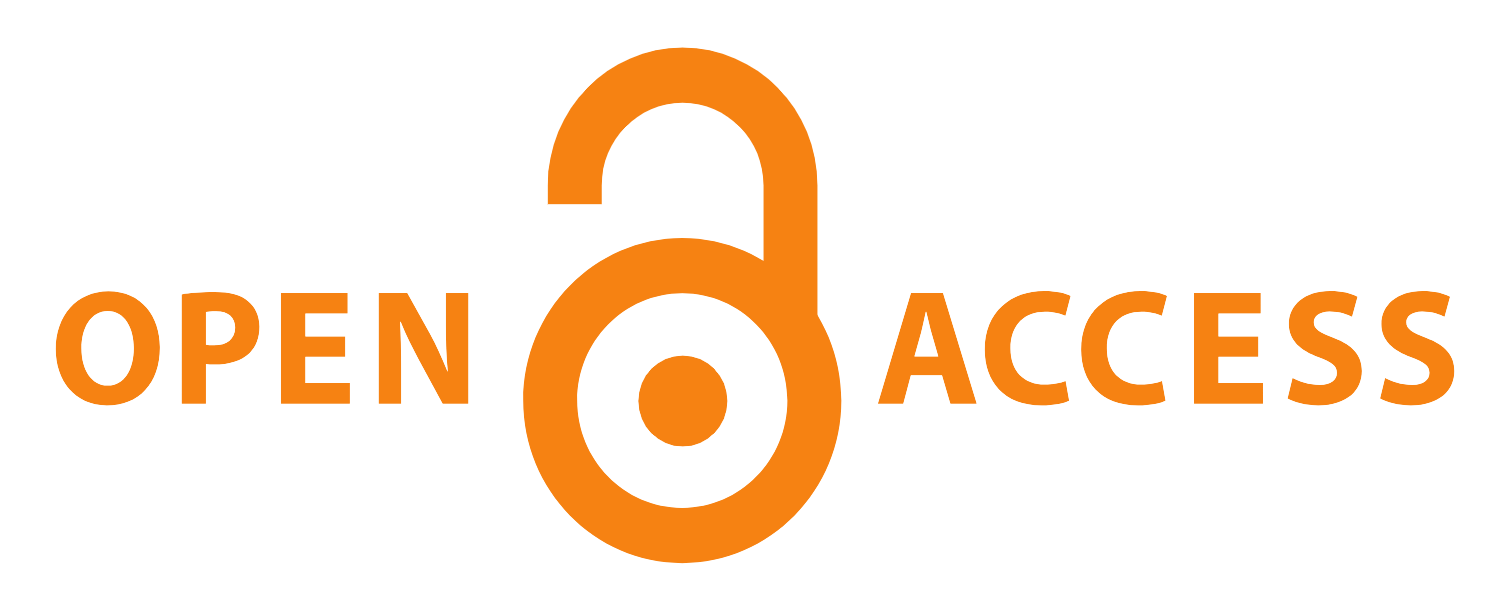Playful PHI: Using Cognitive Behavioral Game Design (CBGD) to Create a COVID-19 Prevention Game, Vaccine Nation
Abstract
During the Covid-19 pandemic, scientists and public health organizations such as the CDC and the WHO promoted health guidelines to the public. However, social media misinformation, social stigma, and a drastic change in lifestyle lead to reduced compliance or non-compliance with these measures. As a result, playful public health messaging emerged as an attempt to increase health literacy around Covid-19 preventative practices, one of which was the tower defense game, Vaccine Nation. This article outlines the design principles of Cognitive Behavioral Game Design (CBGD) and how they were used to design the tower-defense game Vaccine Nation, incorporating recommended health interventions including isolating, hand hygiene, social distancing, wearing masks, and eventually getting vaccinated.
Downloads
This work is licensed under a Creative Commons Attribution-NonCommercial-ShareAlike 4.0 International License. The rights of each article are attributed to their author(s).









